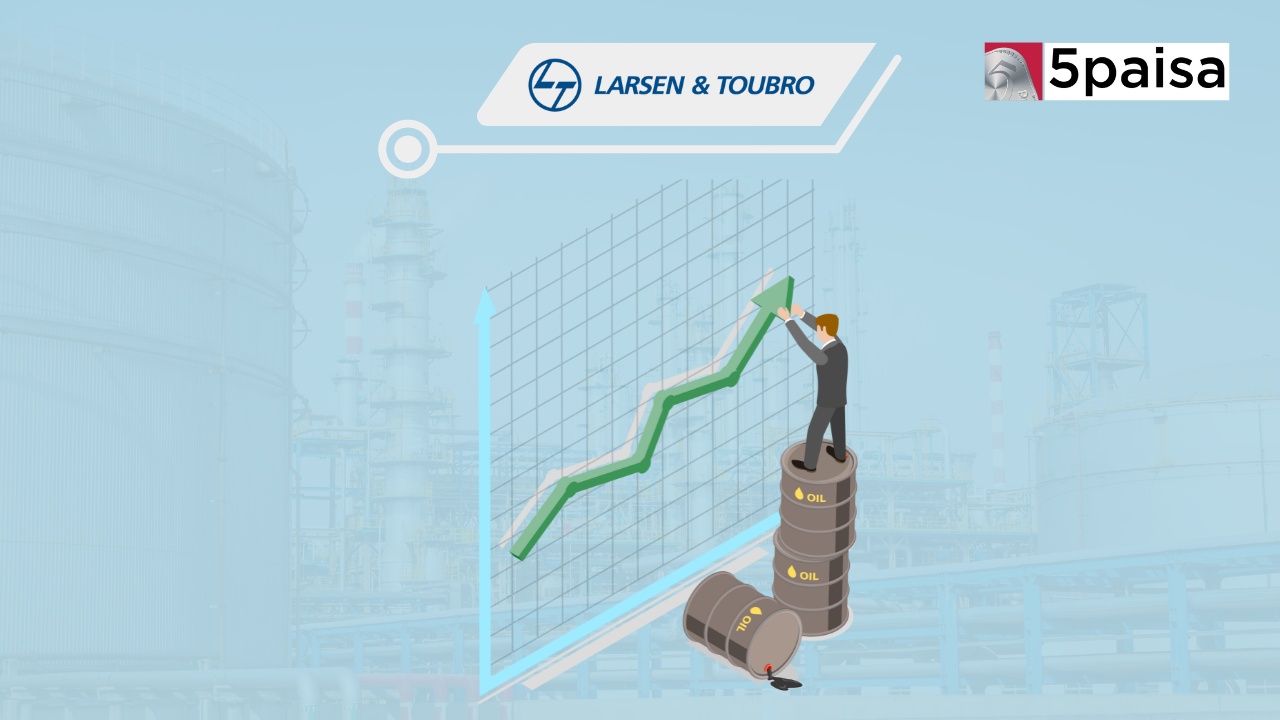India hikes Windfall Tax on Crude, Diesel and Aviation fuel

Last Updated: 3rd January 2023 - 05:17 pm
In a swift move on Monday, the government has decided to raise the windfall profit tax levied on domestically produced crude oil and on the export of diesel and Aviation Turbine Fuel (ATF). It may be recollected that last year, the government had introduced this windfall tax to ensure that when prices go up, oil produces and exporters do not make supernormal profit at the cost of the consumers. To defray part of such profits, the government introduced the windfall tax on domestically produced fuels and exports of fuels. Now, with international prices of oil once again firming up, the government has decided to once again raise the windfall tax on these products; especially crude, diesel and Aviation Turbine Fuel (ATF).
Now, oil producers and extractors like ONGC and Oil India Ltd will have to pay a higher windfall tax at the rate of Rs. 2,100 per tonne; sharply higher than the Rs. 1,700 per tonne that they are currently paying. That is just one part of the story. There are also additionally higher taxes imposed on other products. For instance, the government has raised the windfall tax on the export of diesel to from Rs. 5 per litre to Rs. 6.50 per litre. At the same time, the exports of ATF have seen the windfall tax raised from Rs. 1.50 per litre to Rs. 4.50 per litre. The idea of windfall tax is to ensure that the upstream players do not make hay when the prices go, since oil prices play a big role in fuelling inflation in the economy.
The rates of windfall tax are reviewed fortnightly and the latest round of hikes will be effective from 03rd January. However, the government runs these windfall taxes both ways. For instance, in the previous fortnight starting 16th December 2022, the government had actually cut windfall tax rates in line with a fall in the global crude oil prices. However, in the recent fortnight, oil prices are up for two reasons. Firstly, the likelihood of recovery in China has raised hopes of a surge in demand. That is keeping oil prices higher. Also, the OPEC plus Russia has kept output low and the latest sanctions have ensured that Russian oil does not come to Europe. Russia has anyways refused to supply oil to any nation with price caps.
It may be recollected that the windfall tax on oil was first imposed on 01st July 2022. At that point of time, export duties of Rs. 6 per litre ($12 per barrel) each were levied on petrol and aviation turbine fuel (ATF), while a tax of Rs. 13 per litre ($26 a barrel) was imposed on diesel. In addition, the levy on domestic crude was placed at Rs. 23,250 per tonne ($40 per barrel). Over the last six months, the export tax on petrol has since been scrapped. The government is purely data driven and the decisions are taken purely on the basis of international oil prices and the likely impact that any such moves could have on the Indian consumer.
Typically, the model followed by the government is that each fortnight it reviews the windfall tax levy based on the average oil prices in the previous two weeks. Obviously, these windfall taxes hit the upstream oil companies the most. ONGC and Oil India, the two biggest extractors of oil in the country take a hit on any such increase. In addition, Reliance operates India's largest only-for-export oil refinery at Jamnagar in Gujarat and since exports are hit by the tax, RIL feels the pinch. The other primary exporter of fuel from India is the Rosneft-backed Nayara Energy. These are the companies that bear the brunt of any such windfall tax. Normally, windfall taxes kick in when the price of crude crosses $75/bbl.
- Flat ₹20 Brokerage
- Next-gen Trading
- Advance Charting
- Actionable Ideas
Trending on 5paisa
06
 Tanushree Jaiswal
Tanushree Jaiswal
Indian Market Related Articles
Disclaimer: Investment in securities market are subject to market risks, read all the related documents carefully before investing. For detailed disclaimer please Click here.
 5paisa Research Team
5paisa Research Team




